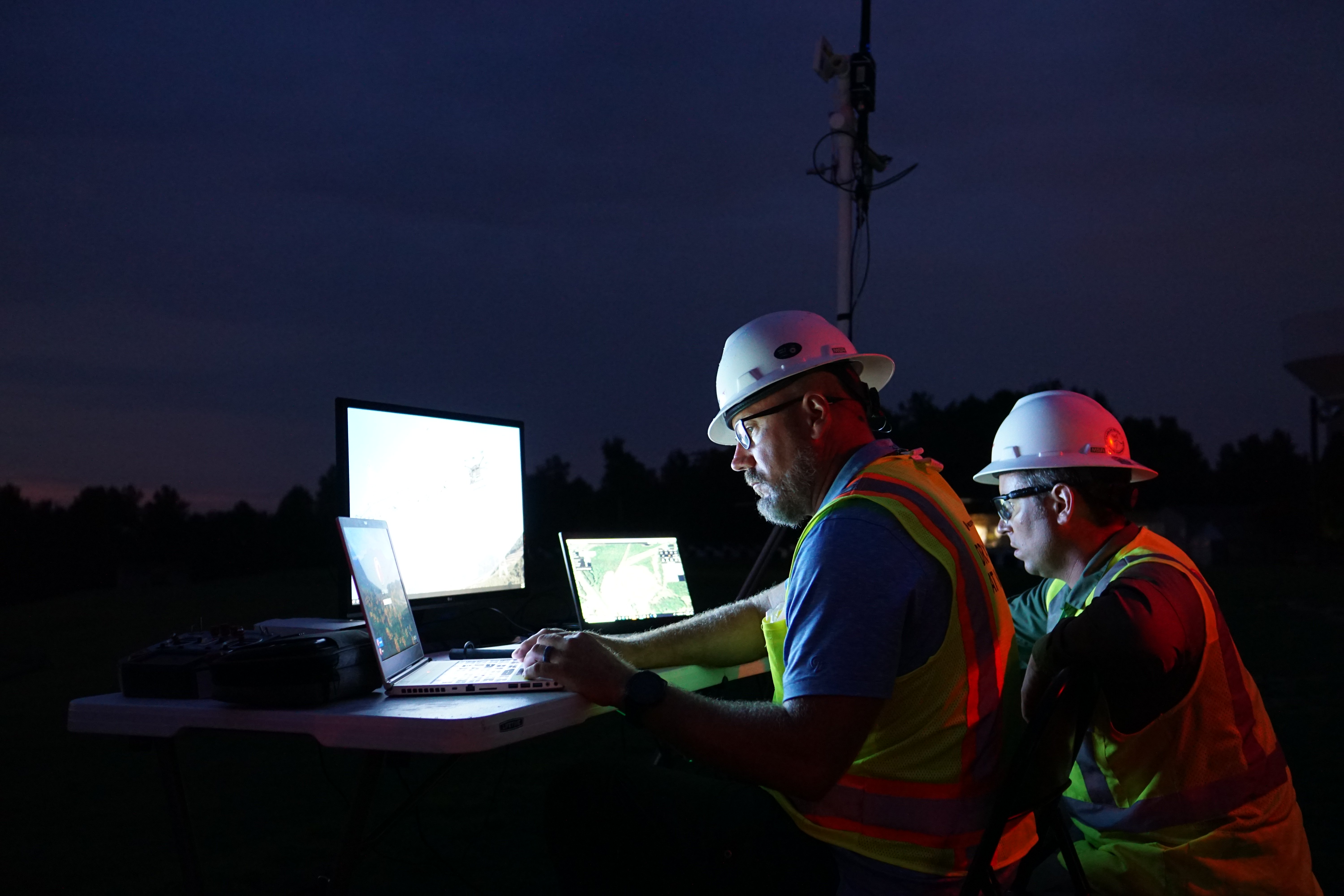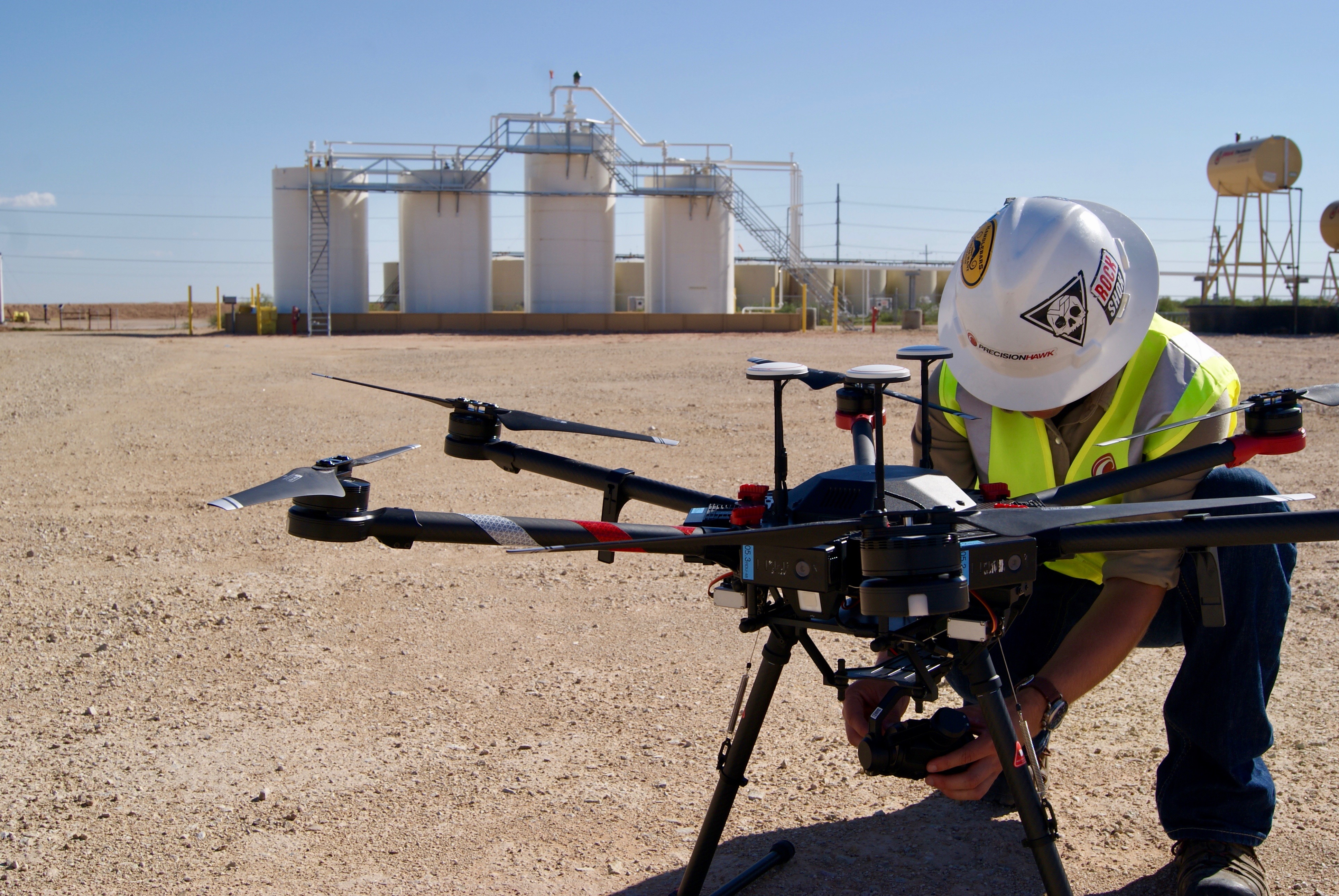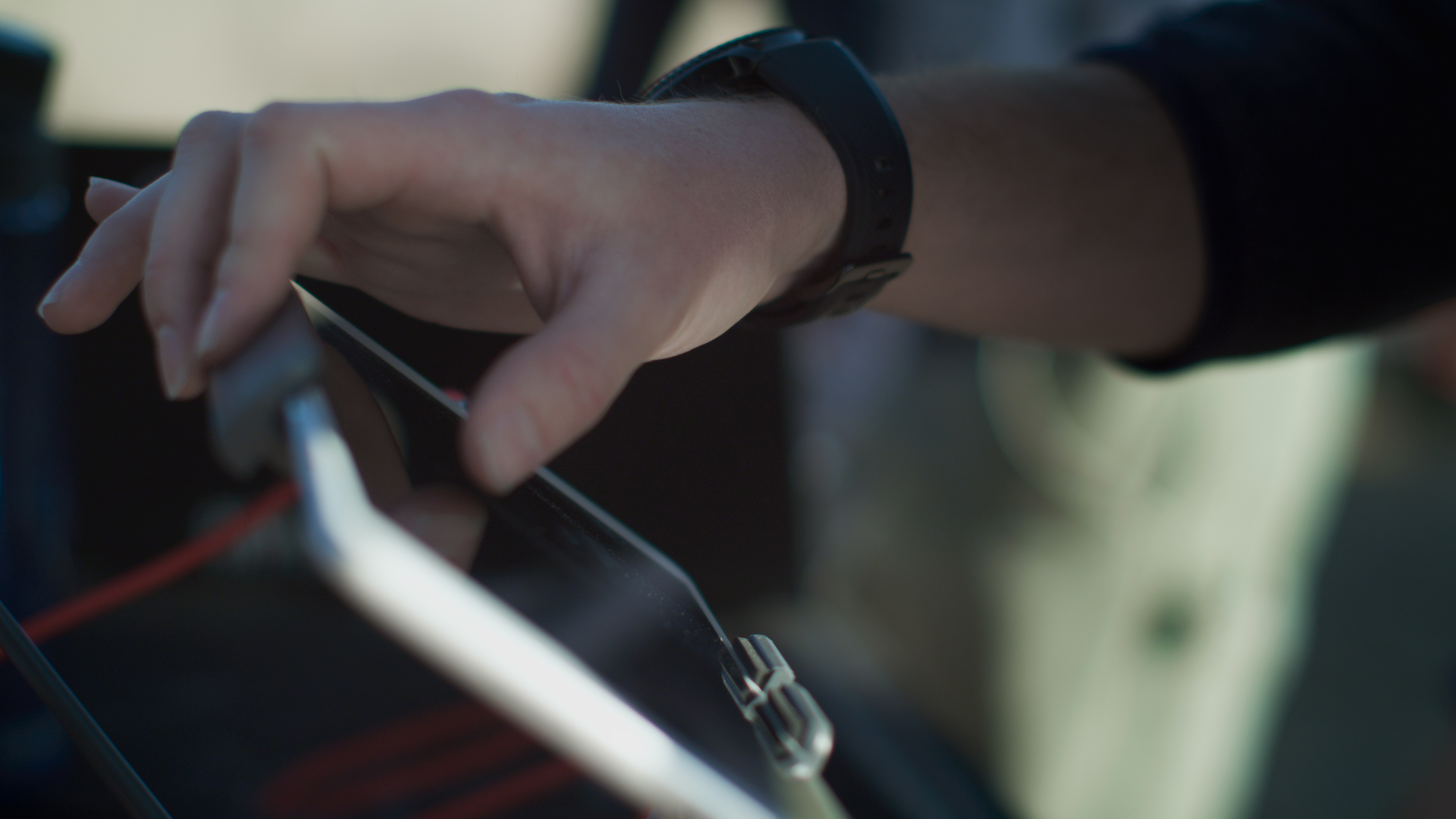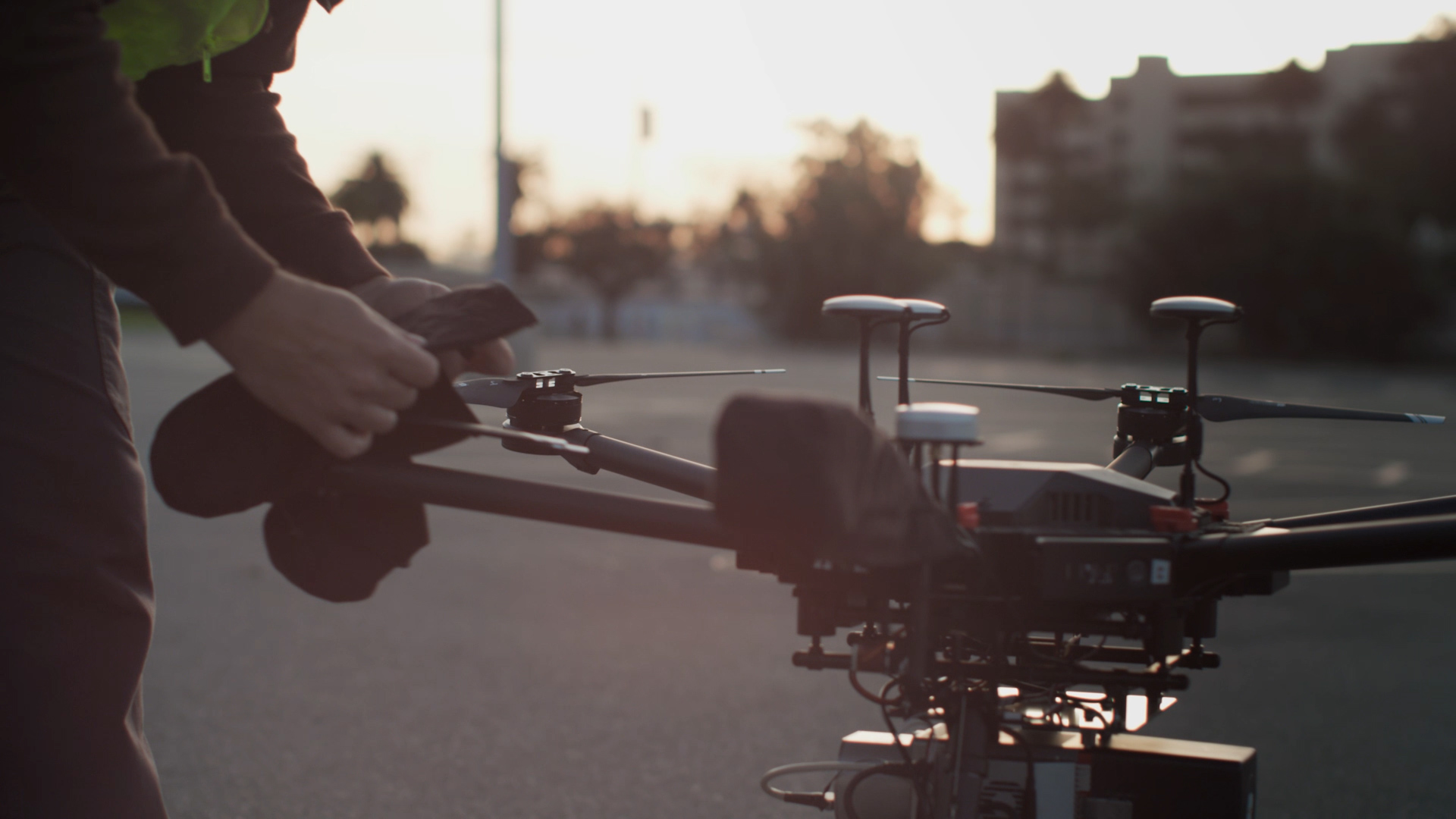The following is an excerpt from “Safe Always: Standard Operating Procedures for Drone Operations and Secure Data Collection,” a whitepaper that reviews the risks associated with drone-based data collection and the processes, policies, and procedures we apply to mitigate those risks. Download the whitepaper to learn how we help keep your data and your technicians safe.
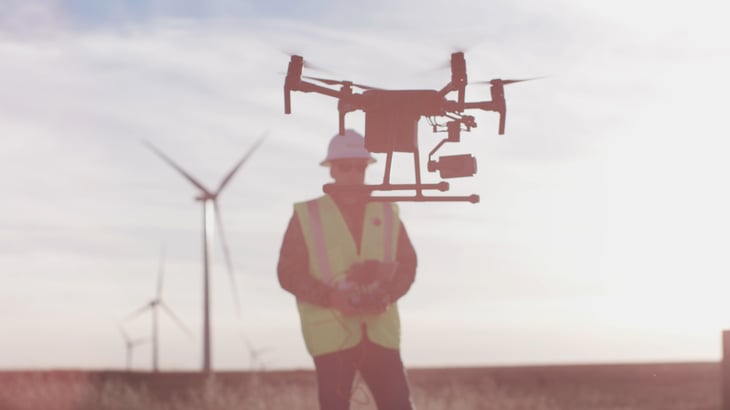
The drone industry is still in its relative infancy: While the U.S. Federal Aviation Administration’s (FAA) Part 107 Remote Pilot Certificate “demonstrates that [the operator] understands the regulations, operating requirements, and procedures for safely flying drones” in the national aerospace system, it does not necessarily qualify the operator for a given commercial mission. Safely flying powerline right-of-ways, construction job sites, and other common areas of interest requires that operators obtain competencies above and beyond the scope of the FAA’s Part 107 certification. So, drone program managers must further assess the 150,000+ Part 107 commercially licensed American operators to determine if they’re fit for flight in their business.
In our experience, PrecisionHawk has found that operators should ideally:
- Have a substantive number of hours flying drones, helicopters, or other aircraft--either commercially or militarily
- Have experience working in the industry of the given application (i.e., utility linemen, construction workers)
- Have experience working with surveyors or geospatial scientists
- Have worked within safety management and data security programs
- Are process- and detail-oriented; methodical
- Exhibit a healthy respect for the responsibility and risks associated with flying aircraft
- Show that they understand basic aerospace technology and mechanics
Though most candidates will not fulfill all of the above criteria, consider how their background applies. For example, many of our top operators come from an esteemed career in the United States Military, but had never flown commercially prior to joining our operation. Many of our clients cross-train field workers in drone piloting. No matter who we select to join our flight operations group, we require that they demonstrate a willingness to learn and adapt to rapid change.
The vetting process begins with a series of interviews, including one with our VP of Flight Operations & Hardware, who personally interviews every potential pilot. Before beginning work our operators must pass a background check and complete a rigorous training program.
We also ensure that pilots in our network of 15,000 freelance drone pilots, the largest of its kind, are licensed, certified, insured, and trained. No matter what your specific needs are, our drone pilots provide a safe, secure data collection solution.
Download our whitepaper “Safety Always: Standard Operating Procedures for Drone Operations and Secure Data Collection” to learn more.
